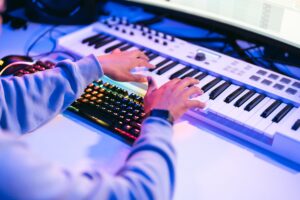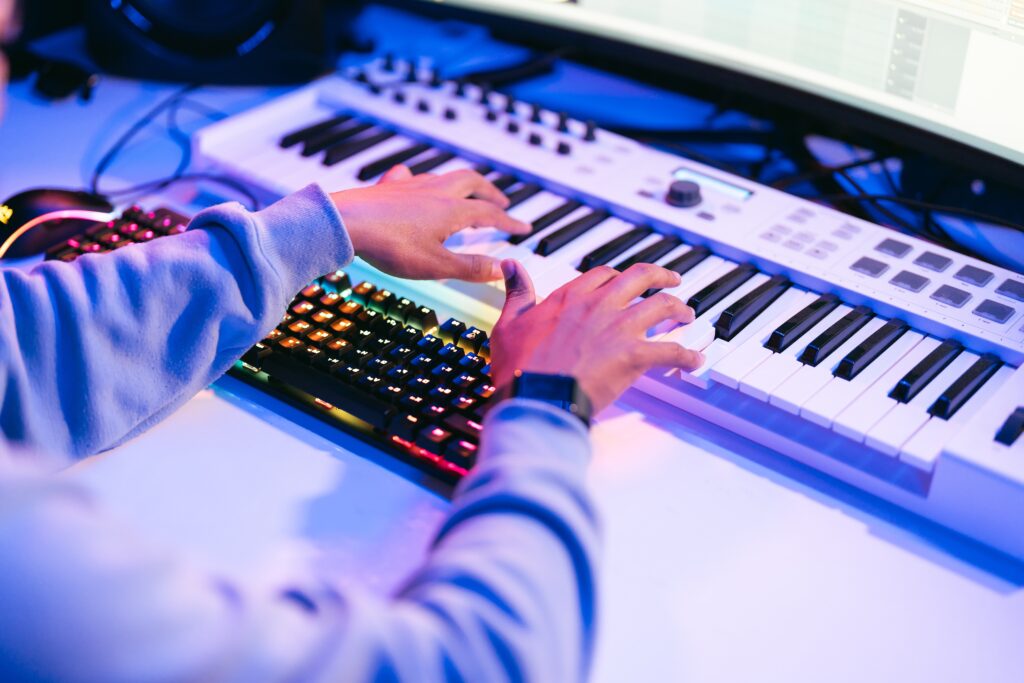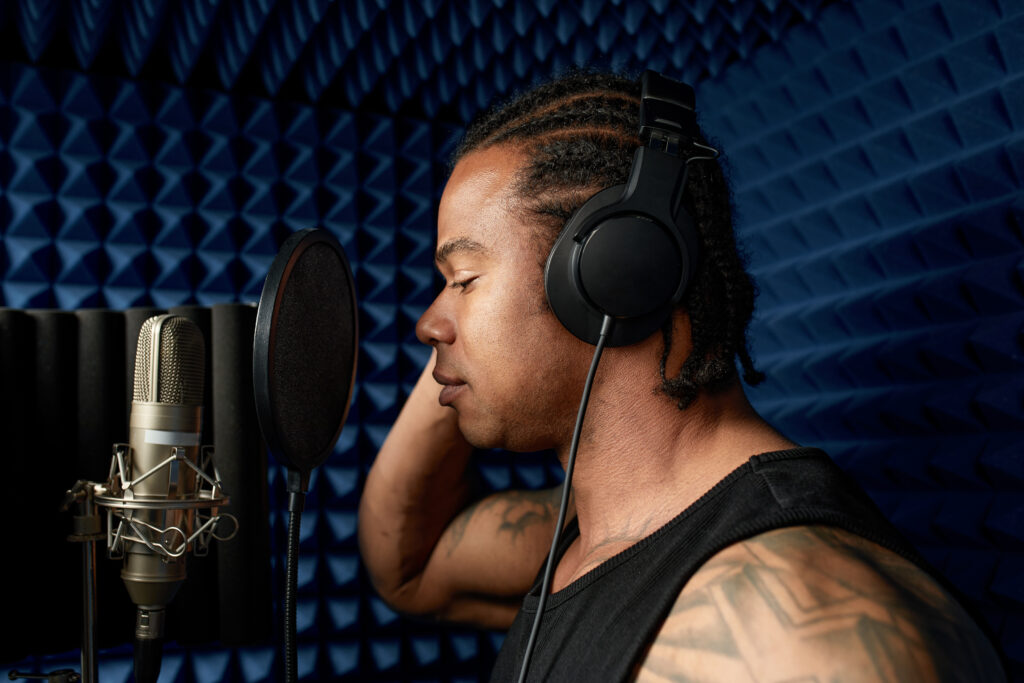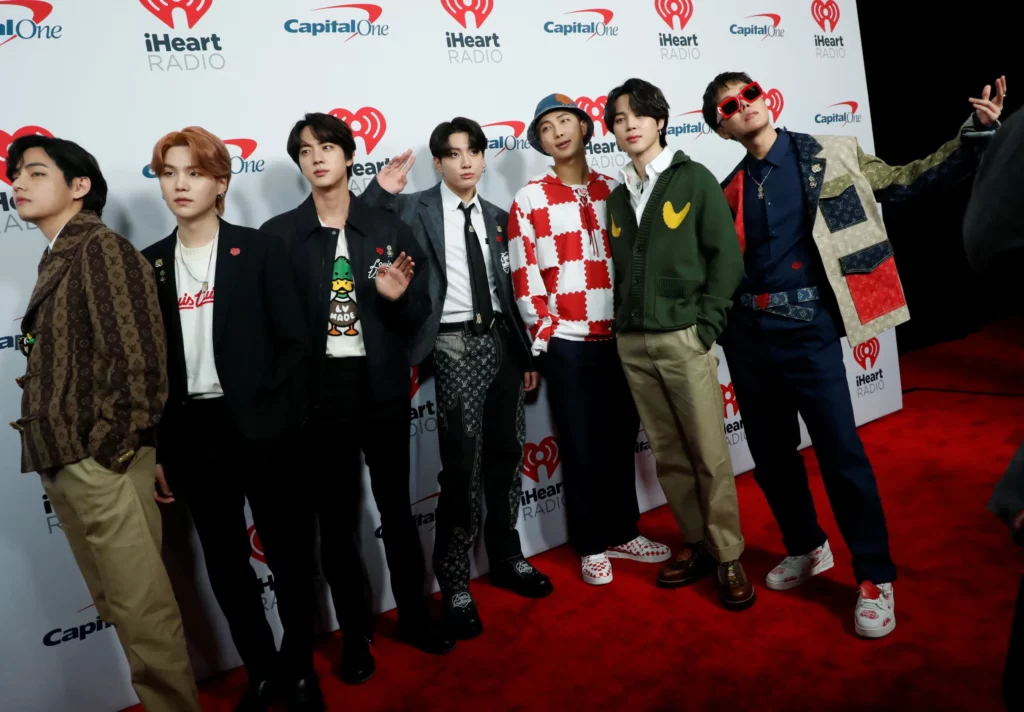The music world is undergoing an unprecedented digital transformation, and Artificial Intelligence (AI) is emerging as a disruptive force with the potential to redefine how we create, experience, and enjoy music. However, a fundamental question arises: is it necessary for musical artists to use artificial intelligence? To answer this, we need to analyze both the advantages and implications of using AI in music.
The Advantages of AI in Music: A Universe of Possibilities
AI offers a vast array of possibilities that can boost creativity and expand the boundaries of musical expression. Here are some of the most prominent benefits:
- Melody, Rhythm, and Harmony Generation: AI algorithms can help artists overcome creative blocks, generate new musical ideas, and explore unconventional musical styles. Tools like Amper Music or Mubert offer user-friendly interfaces allowing musicians of all levels to create music with AI assistance.
- Lyric and Arrangement Creation: AI can analyze patterns in existing lyrics and generate new lyrics with similar styles, or even compose original lyrics based on specific prompts. Platforms such as Songsmith or MuseNet offer these types of services, helping artists diversify their lyrical content.
- Complete Music Composition: Advanced AI systems like DeepMind’s BachBot or Google’s Magenta Studio can compose entire pieces of music in different genres and styles, imitating the work of great composers or exploring new sonic territories.
- Personalizing the Musical Experience: AI can analyze user preferences to curate personalized playlists,recommend new artists, and create unique and personalized listening experiences. Services like Spotify or Pandora already utilize this technology to offer personalized music recommendations.
- Democratizing Access to Music Production: AI is making high-quality music production more accessible to independent artists and hobbyists. Tools like Soundraw or Kompoz allow users to create professional-quality music without the need for expensive studios or recording equipment.
Considering the Implications of AI in Music: A Reflective Approach
While AI offers numerous advantages in music, it’s also important to consider some of the ethical and practical implications of its use:
- Originality and Authenticity: There’s a risk that music created with AI may lack the originality and authenticity that characterize human art. AI can generate music that sounds similar to existing works, hindering the creation of unique and genuine pieces.
- Copyright and Intellectual Property: Utilizing algorithms trained on copyrighted material raises questions about intellectual property and copyright ownership of AI-generated music. We need clear legal frameworks to protect the rights of artists and composers in this new environment.
- Creative Dependence and Limitations: Excessive reliance on AI could limit the creativity and personal expression of artists, potentially pigeonholing them into predictable or formulaic styles. Artists should use AI as a complementary tool, not a replacement for their own ingenuity and talent.
- Minority Appropriation Concerns: There’s a growing concern that big companies could use AI to exploit and appropriate the musical styles and cultural elements of minority groups. AI trained on vast datasets of music could potentially replicate these styles without genuine understanding or respect for the cultural context. This raises ethical questions about the potential for inauthentic and insensitive representations.
Conscious Choices for a Richer Musical Future
Ultimately, the decision of whether or not to use AI in music is a personal one, based on each artist’s goals, values, and preferences. There’s no single answer that fits everyone.
AI shouldn’t be seen as a threat to musical artists, but rather as a powerful tool that can enhance creativity, expand possibilities, and democratize access to music production. However, it’s crucial to utilize AI responsibly,ethically, and consciously, always preserving the originality, authenticity, and personal expression that define musical art.
The key lies in finding a balance between technological innovation and the human essence of music. Artists who can effectively integrate AI into their creative process will be able to expand their musical horizons and create works that captivate audiences of the present and future.












